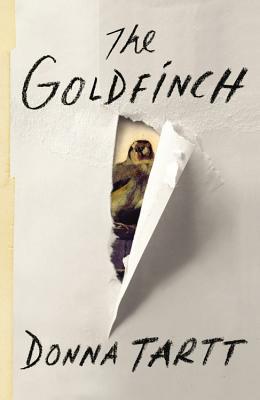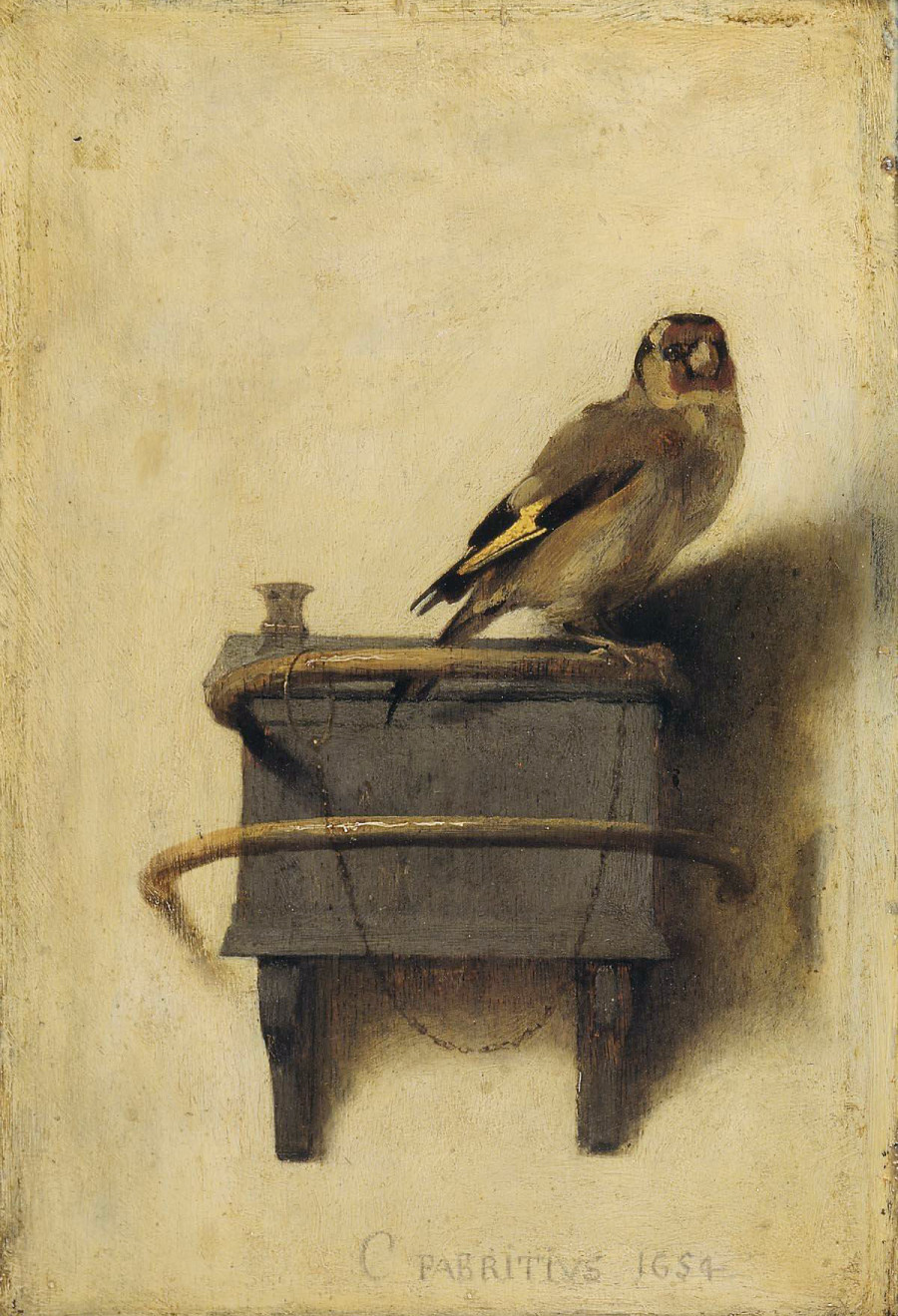There were no clouds, the sun was going down in a limpid, gold-washed sky. Just as the lower edge of the red disk rested on the high fields against the horizon, a great black figure suddenly appeared on the face of the sun. We sprang to our feet, straining our eyes toward it. In a moment we realized what it was. On some upland farm, a plough had been left standing in the field. The sun was sinking just behind it. Magnified across the distance by the horizontal light, it stood out against the sun, was exactly contained within the circle of the disk; the handles, the tongue, the share—black against the molten red. There it was, heroic in size, a picture writing on the sun.My Ántonia was published in 1918, and while it was considered "modernist" and a groundbreaking piece of feminist writing at the time, it was fatally old-fashioned to my sensibilities and I was never completely engaged with it. As a record of pioneer life in Nebraska (just a couple of decades past "Indian times"), it's no doubt valuable and is in many ways interesting, but it joins other such "classic" books like Anne of Green Gables or Age of Innocence as just not my cup of tea.
This book begins with two old friends on a train, travelling through the Midwest, and reminiscing about a striking figure from their childhoods: the Bohemian immigrant Ántonia Shimerda. One of them explains that he had taken to writing down his memories of Ántonia as he travelled and offered to show his companion what he had assembled -- this transcript is the remainder of the novel, and since the narrator confessed that he was no writer, it is meant to explain and forgive the book's lack of plot or other literary conventions. I understand that this intro is slightly different from the original (in which the pair of friends are obviously a man and a woman -- supposedly the two halves of Willa Cather herself -- who agree to each write such a memoir but only the man, Jim Burden, actually carries through), but in either case, it's an unsatisfactory conceit to me: If it's meant to be a book of reminiscences about Ántonia, then why are there whole chapters on Jim's time at college without her mentioned at all? And if it's meant to be personal recollections, then how can Jim act like an omniscient narrator and include the thoughts and feelings of other characters? And if it opens with the transcript being handed to a reader, I would have liked it to end with the reader's reaction.
And while many chapters had straightforward narration, some were interrupted with what felt like true anecdotes that were imposed upon the book wherever they fit in. Some stories were exciting (like Russian Peter's story about the wedding party and the wolves or Ántonia's about the tramp and the threshing machine) but I was unimpressed by the inclusion of the entire plot of the stage play of Camille and Jim's weepy reaction to the melodrama (and even if this was an important and personal event in Cather's life, it had nothing to do with anything -- and least of all with Ántonia). And while I acknowledge that this may have all been very modern and groundbreaking in 1918, it jumped along like a series of vignettes that didn't hang together as a complete whole for me.
There is much lovely prose in My Ántonia -- and especially when Cather is writing about the landscape that she so clearly loved -- and the characters are described vividly and exhaustively. I enjoyed this of the unlikeable Mrs. Cutter:
She was a terrifying-looking person; almost a giantess in height, raw-boned, with iron-grey hair, a face always flushed, and prominent, hysterical eyes. When she meant to be entertaining and agreeable, she nodded her head incessantly and snapped her eyes at one. Her teeth were long and curved, like a horse's; people said babies always cried if she smiled at them. Her face had a kind of fascination for me: it was the very colour and shape of anger. There was a gleam of something akin to insanity in her full, intense eyes.With some racism, religious/cultural superiority, and dated language, there was a whiff of the archeological about this reading experience, and as I've said of some other classic books: while I can understand the importance of a buckboard wagon, I prefer to go for a spin in my modern four wheel drive. But as grumpy as this review is making me sound, I was indeed affected by moments like this:
There in the sheltered draw-bottom the wind did not blow very hard, but I could hear it singing its humming tune up on the level, and I could see the tall grasses wave. The earth was warm under me, and warm as I crumbled it through my fingers. Queer little red bugs came out and moved in slow squadrons around me. Their backs were polished vermilion, with black spots. I kept as still as I could. Nothing happened. I did not expect anything to happen. I was something that lay under the sun and felt it, like the pumpkins, and I did not want to be anything more. I was entirely happy. Perhaps we feel like that when we die and become a part of something entire, whether it is sun and air, or goodness and knowledge. At any rate, that is happiness; to be dissolved into something complete and great. When it comes to one, it comes as naturally as sleep.


















